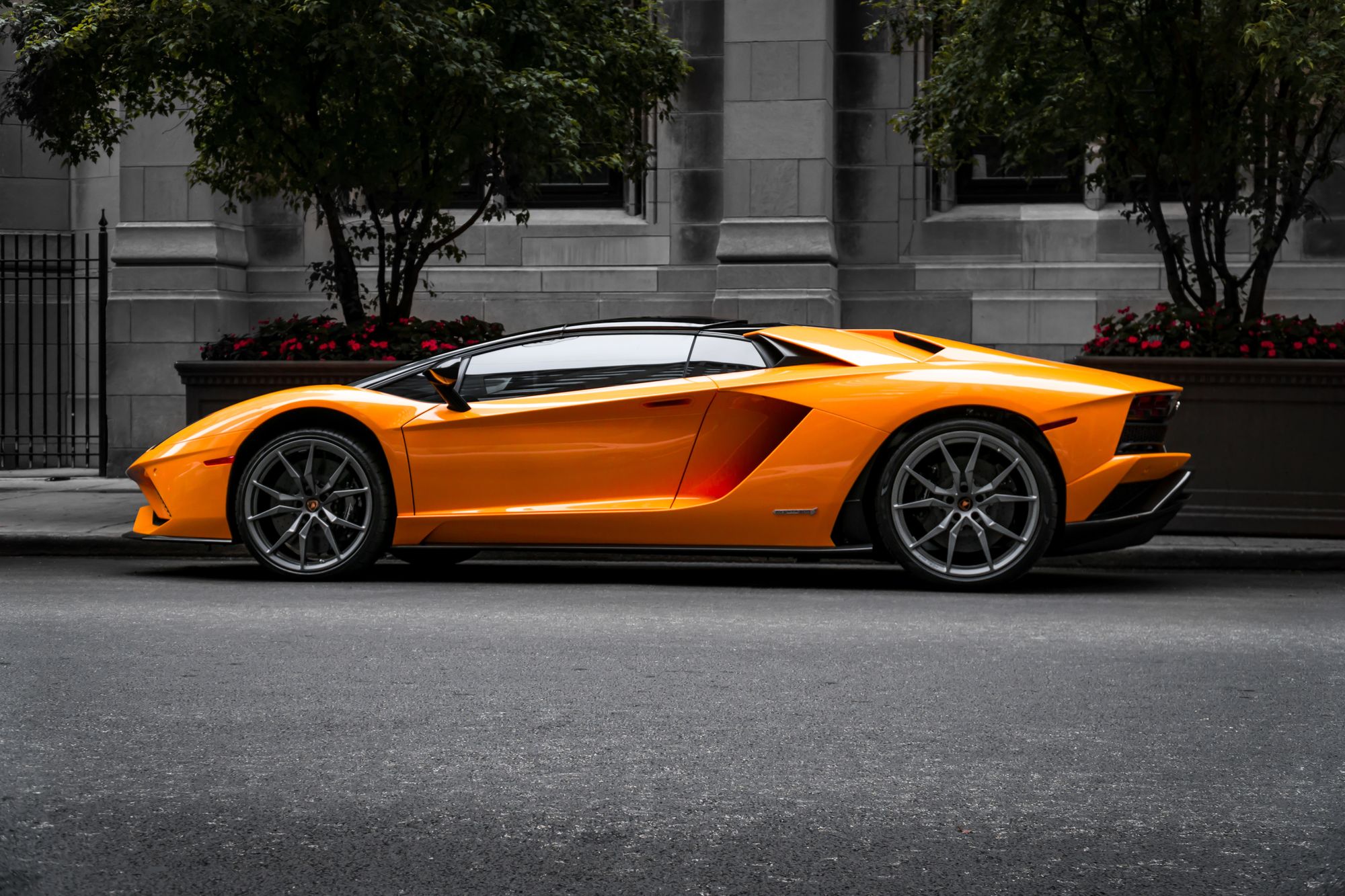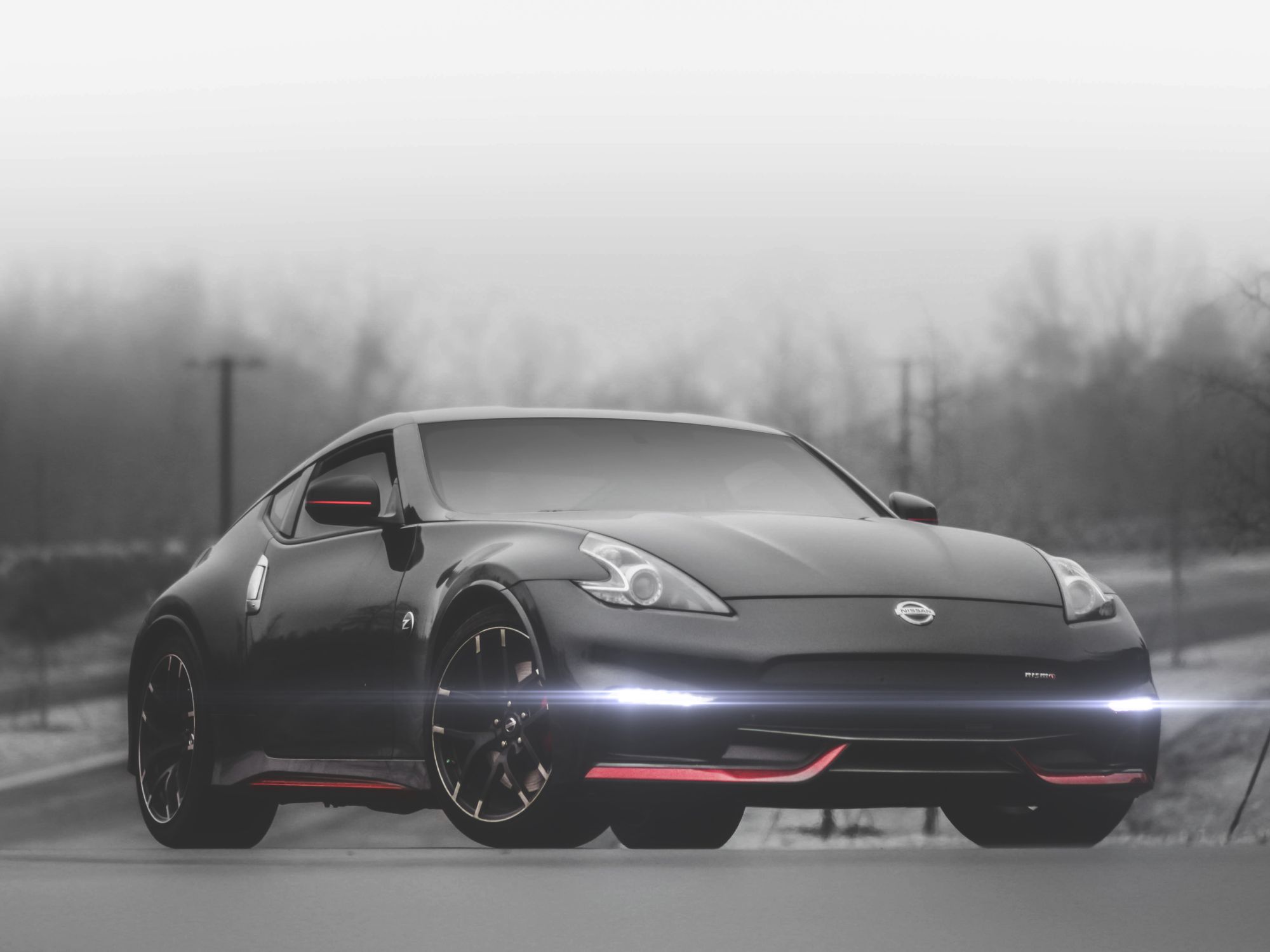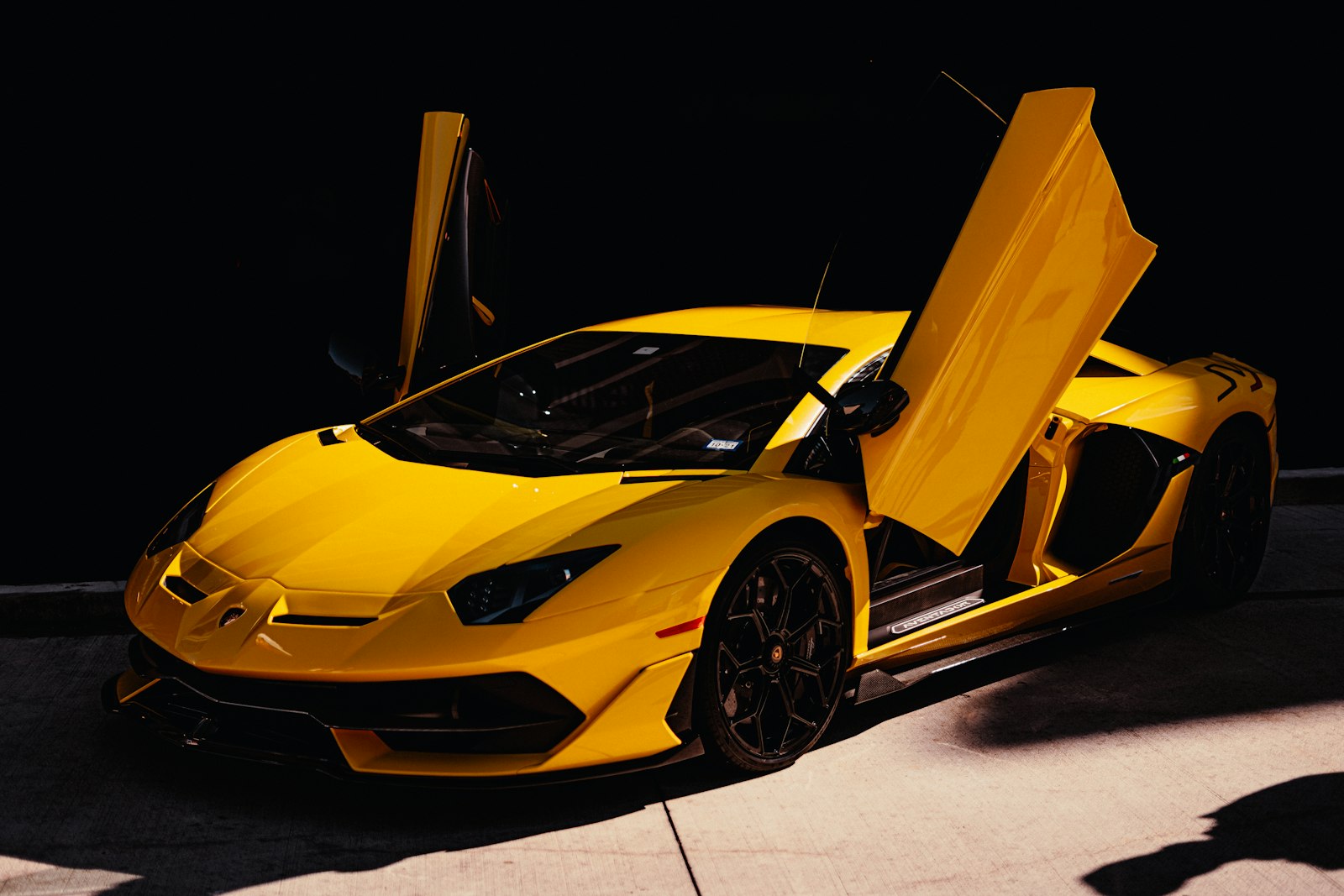Imagine a scenario where you're stuck in bumper-to-bumper traffic, the engine growling beneath you, and all you can do is inch forward at a snail's pace.
Ah, sports cars – those sleek, shiny machines that turn heads as they zoom by, leaving a trail of envy in their wake. For many, owning a sports car is the epitome of success and a symbol of prestige. But behind the wheel of these powerful vehicles lies a paradox that begs the question: Are we truly chasing thrills or merely seeking empty status?
Imagine the scene: a sunny day, the wind in your hair, and the roar of the engine as you accelerate down an open road. It's an exhilarating experience, no doubt. The adrenaline rush, the feeling of power at your fingertips – it's intoxicating. But what lies beneath the surface? Is it the thrill of the drive that truly matters, or is there something more?

Let's delve deeper into this paradox by examining the two sides of the sports car coin. On one hand, there's the undeniable thrill factor. Sports cars are built for speed and performance, designed to push the limits of what's possible on the road. The acceleration, the handling, the sheer power – it's a sensory overload that can leave you craving for more. It's like being on a roller coaster, with each twist and turn delivering an adrenaline-pumping rush. But here's where the paradox comes into play. While sports cars offer an unmatched driving experience, they often come with a hefty price tag.
Owning a sports car is not just about the thrill; it's also about the status that comes with it. It's a statement, a declaration of one's success and wealth. It's a way to stand out from the crowd and say, "Look at me, I've made it." But is this pursuit of status worth the cost?
Imagine a scenario where you're stuck in bumper-to-bumper traffic, the engine growling beneath you, and all you can do is inch forward at a snail's pace.
The thrill is nowhere to be found; instead, you're left with the reality of a car that demands attention but cannot fully unleash its potential in the confines of everyday life. It's a bittersweet reminder that the thrill of the drive is often reserved for those rare moments of freedom on an open road.

Moreover, the pursuit of status can lead to a never-ending cycle of comparison and competition. It becomes a game of one-upmanship, where owning a sports car is no longer about personal enjoyment but about outshining others. It becomes an empty quest for validation, where the car becomes a symbol of success rather than a source of genuine joy.
The irony is that in the pursuit of status, we may lose sight of the very essence of what makes sports cars so alluring – the pure pleasure of the drive.
Now, let's shift our focus to the cultural and social impact of sports cars. They have long been associated with notions of masculinity, power, and dominance. From James Bond's iconic Aston Martin to the famous red Ferrari in "Ferris Bueller's Day Off," sports cars have been ingrained in our collective consciousness as a symbol of male prowess. But times are changing, and so are the perceptions around gender and identity.
In recent years, there has been a growing movement towards redefining traditional notions of masculinity and challenging gender stereotypes. This shift in cultural dynamics raises an interesting question: How does the allure of sports cars fit into this evolving landscape? Are sports cars still seen as a status symbol for the modern man, or are they becoming more inclusive, appealing to individuals of all genders and identities?
It's an important conversation to have because the symbolism attached to sports cars can perpetuate harmful stereotypes and reinforce societal expectations. By embracing a more inclusive definition of what it means to be a car enthusiast, we can break free from the constraints of traditional gender roles and create a space where everyone can enjoy the thrill of the drive, regardless of their gender or identity.
The paradox of sports cars lies in the tension between the pursuit of thrills and the desire for status.
While sports cars offer an exhilarating driving experience, they can also become a symbol of empty validation and an endless race for superiority. It's crucial to navigate this paradox with a critical eye, questioning our motivations and ensuring that our love for sports cars stems from genuine enjoyment rather than societal expectations.
So, the next time you see a sports car zooming past, take a moment to ponder the paradox it represents. Is it the pursuit of thrills or the chase for status? Ultimately, the choice is yours to make. And remember, it's not just about the car you drive, but the joy you derive from the journey itself.






